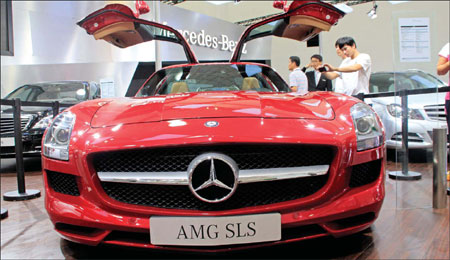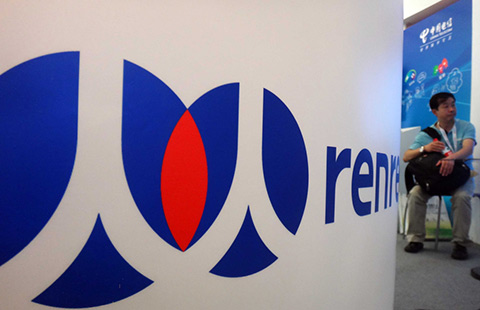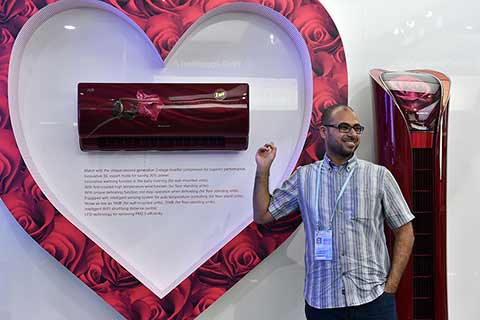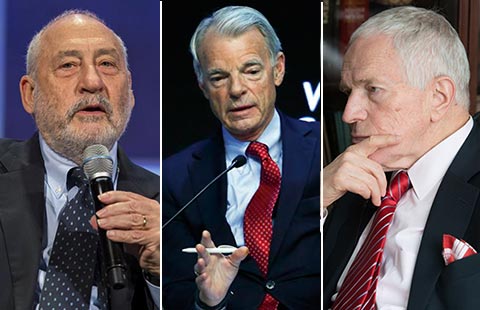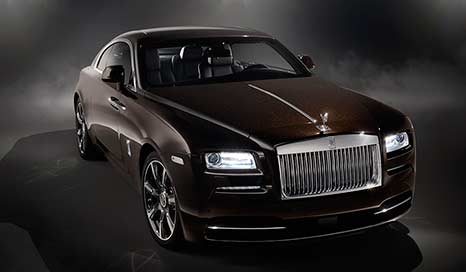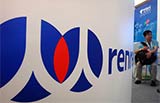Tension over Diaoyu Islands drives German automakers' success
By Wang Chao (China Daily) Updated: 2012-10-19 17:29
|
A Mercedes-Benz SLS AMG is exhibited in Haikou, Hainan province. German luxury car brands enjoyed a good time despte overall sluggish auto sales in China in September. Shi Yan / for China Daily |
Brands benefit from consumers boycotting Japanese cars
German luxury car brands triumphed in the Chinese market in September, as sales of their Japanese competitors plunged due to tensions over the Diaoyu Islands.
September is traditionally a good season for Chinese auto dealers, as customers usually buy cars for the long holidays that start in early October. This year, dealers placed higher expectations on this month following the implementation of a new policy that ensured the highways would be toll free during the public holiday.
However, the "golden September" didn't gleam as brightly they had expected.
September figures from the China Association of Automobile Manufacturers show that a total of 1.32 million passenger cars (including sedans, multi-purpose vehicles, sport utility vehicles and minivans) were delivered in China, a 0.3 percent drop year-on-year. This is also the first sales decrease since the beginning of this year.
John Zeng, an executive at LMC Automotive, a research company that tracks the auto industry, says the situation may remain for a long time if the row over the ownership of the Diaoyu Islands between China and Japan is prolonged. The dispute has already triggered many Chinese consumers boycotting Japanese goods in China.
"Previously, we estimated that the sales volume of Japanese brands would be around 250,000 units in September, but the actual figure was less than 160,000 units," he says. "If the situation lasts till the end of the year, Japanese automakers will lose at least 400,000 units of sales, which is equivalent to the annual sales volume of a major Japanese auto manufacturer."
However, the three major German luxury auto brands - Audi, BMW and Mercedes-Benz - not only outperformed the average market but managed to post a decent growth rate.
German manufacturer Audi AG led the high-end car segment in September by delivering 35,512 units, a year-on-year increase of 20 percent. During the past nine months, the company delivered 297,060 vehicles in China, up 31.4 percent from last year.
- Alibaba's YunOS becomes world's third-largest smartphone OS
- Chinese agribusinesses to hold 'match-making' event in New Zealand
- UAE's major port operator seeks benefits from China's Belt and Road Initiative
- Nigeria, China currency swap forces US dollar rate down
- CSSC profit jumps in 2015
- China's growing investment in US not 'Trojan Horse'
- Belt and Road Initiative to benefit Asia with Chinese investment
- Designers recycle metal waste into artwork
